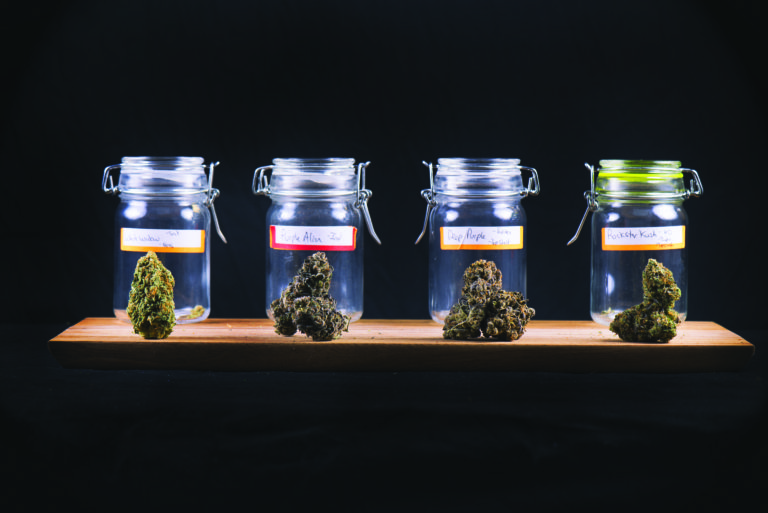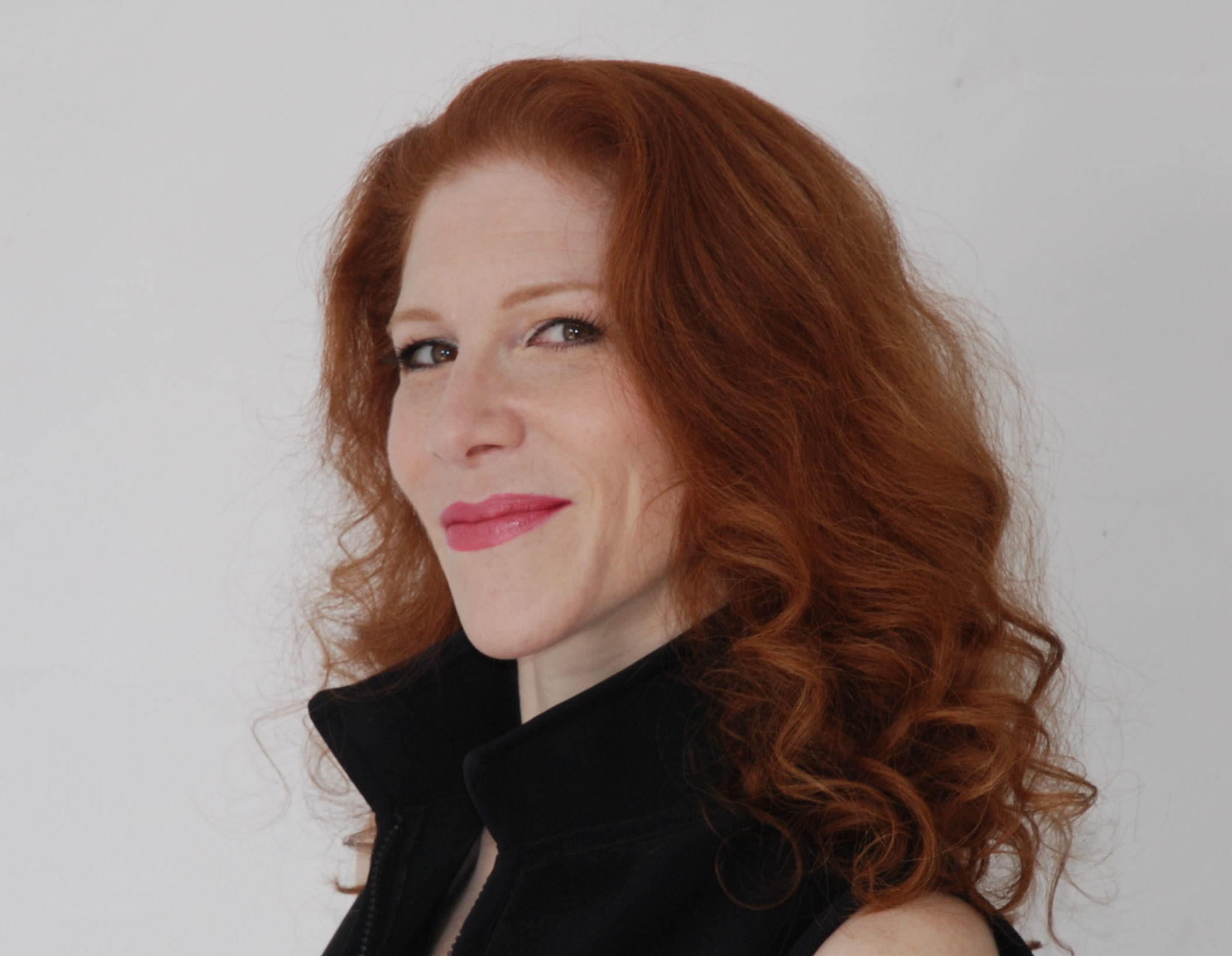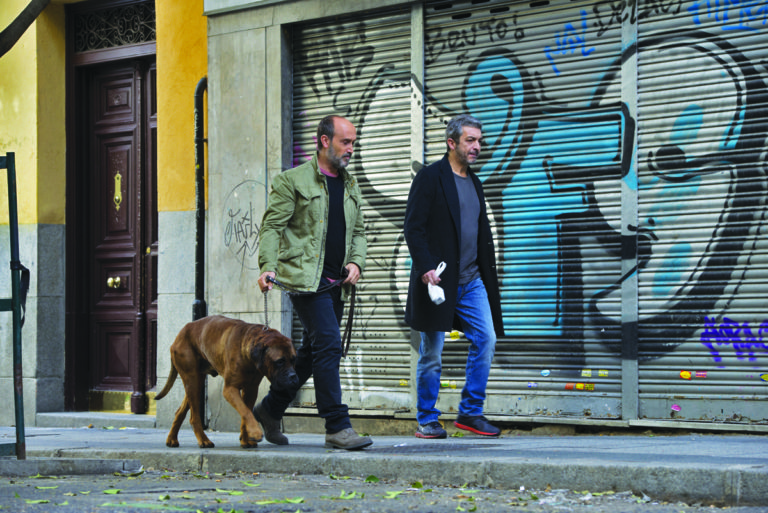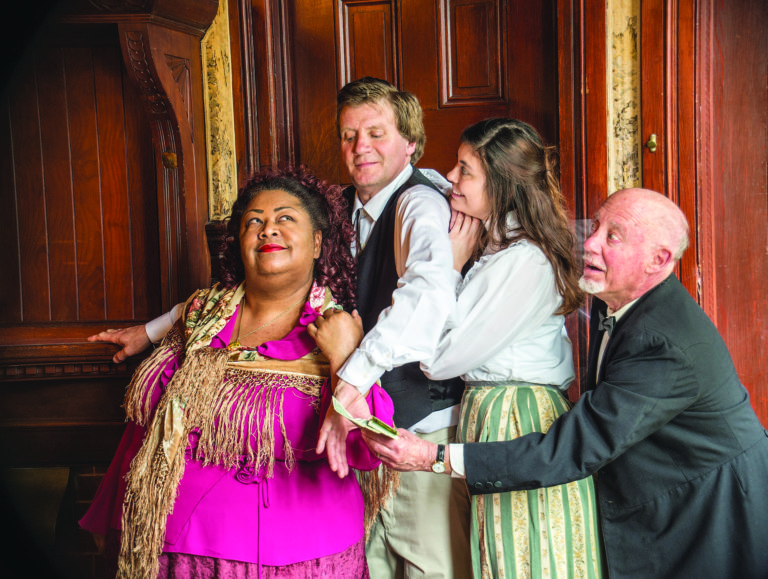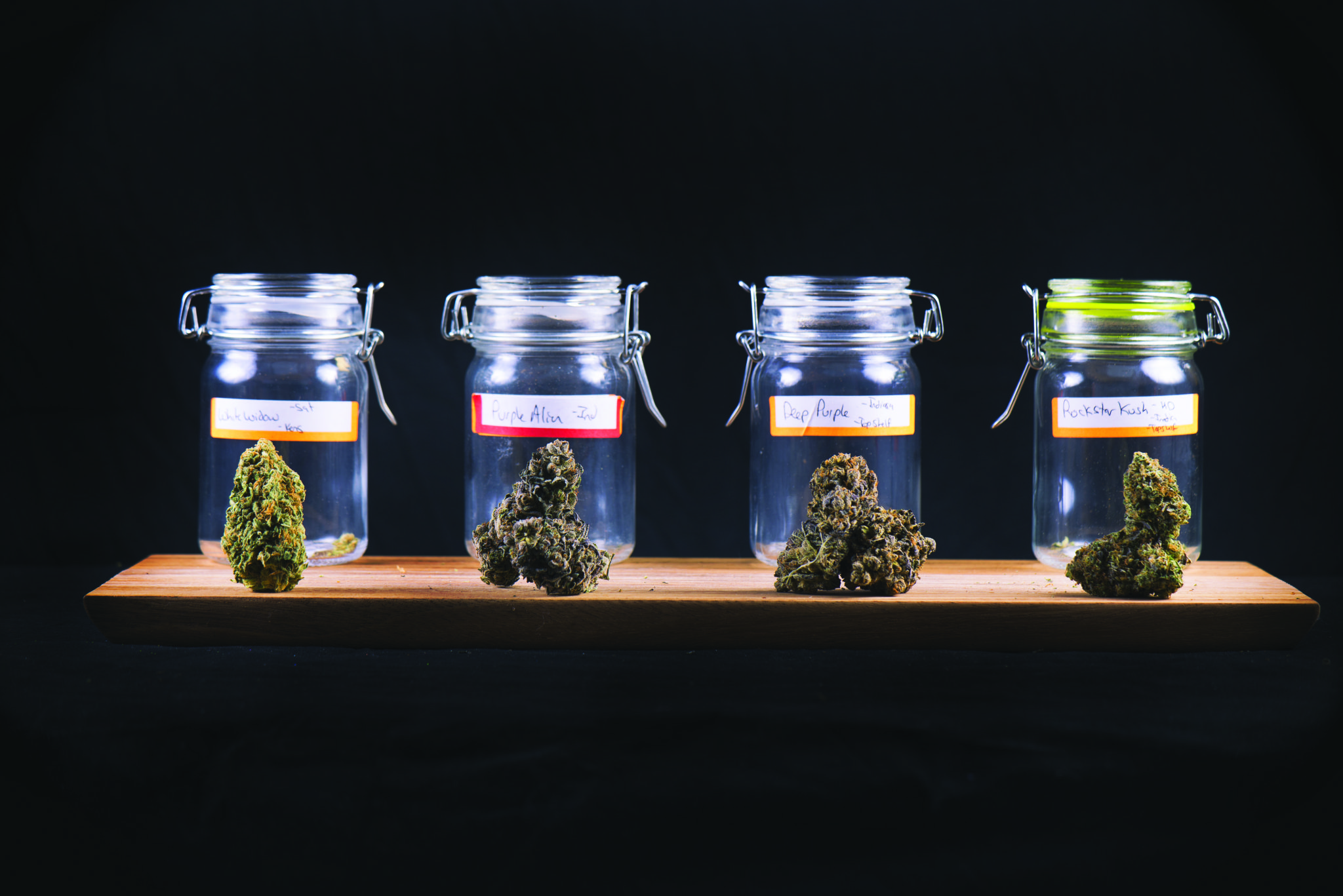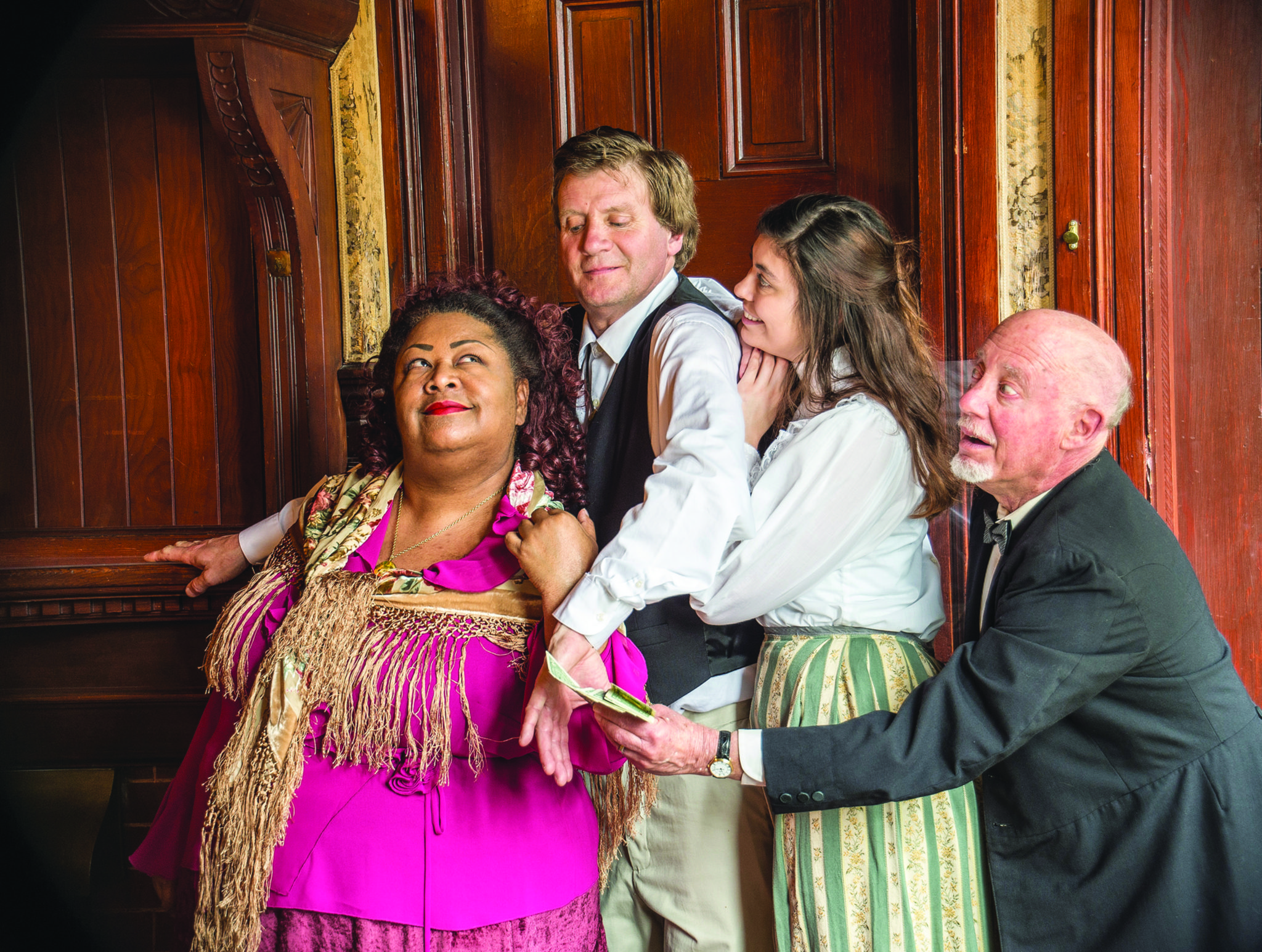By David Templeton
Ten applications. Ten rejections.
Marin County Administrator Matthew Hymel has, after considering all sides of the matter, soundly rejected each and every applicant vying to establish a legal medical cannabis dispensary anywhere between the Golden Gate Bridge and the southern wilds of Petaluma. Each applicant put forward their best business plan, model of operation, mission statement, and qualifications.
His answer was, “No.”
And No.
No. No. No. No. No. No. No.
And … wait! Let us think about it.
No.
For those too high to count, that was 10 ‘No’s.
Based on Hymel’s decision, one might be justified in presuming that marijuana—medicinal, recreational and otherwise—has not just been voted by a record number of poll-goers and officially made legal in the State of California. But it has. Last November, 86.8 percent of registered voters in Marin County cast ballots, and 57.13 percent of those voters said yes to Proposition 64.
Yes to legalizing marijuana for any-and-all purposes to anyone over 21 years of age.
Of course, a hefty 42.8 percent of Marin voters said no.
And a good number of them do not want cannabis dispensaries—legal or otherwise—anywhere near their houses, schools, businesses, hospitals, gas stations, farms, produce stands, outhouses, or churches.
Those opponents have been very, very vocal. And what they said—at public forums and in letters to editors—was “No.”
No. No. No. No. No. No. No. No. No.
And, for the time being, apparently, Hymel has elected to say the same thing.
“After reviewing 10 vendor and site locations, the County Administrator has not approved any of the applications, and has recommended a revised approach to licensing medical cannabis dispensaries in unincorporated areas.”
On Monday, April 10, the Marin County Community Development Agency—in an announcement on the Medical Cannabis page of Marin’s official government website—employed those exact, carefully selected words to put an end to any over-optimistic, post-election expectations that medical marijuana would quickly be available in Marin, or that safe and accessible cannabis dispensaries would soon be open for business within a short driving distance of Mount Tamalpais. And so, for the 10 applicants seeking permission to open brick-and-mortar dispensaries somewhere between the Golden Gate Bridge and Santa Rosa, it’s back to the drawing board.
And for those Marin County residents—rich and poor, young and old, slightly sick and seriously ill—the ones who’ve been prescribed cannabis for chronic pain related to cancer, arthritis and glaucoma, or to reduce muscle spasms caused by multiple sclerosis, or to reduce nausea and loss of appetite resulting from chemotherapy, or just to feel better as their bodies shut down in the final days of their life, it’s back to Sonoma County, where a number of authorized dispensaries are currently serving their clients—and simultaneously contributing to Sonoma County’s tax base through employment opportunities and other advantages.
According to the announcement, Hymel is now recommending that the Marin County Board of Supervisors consider a “revised ordinance,” one that might separate the “selection of the operator” from “that of the location,” and also that the board take a look at what he’s calling “a delivery-only dispensary model.”
If this statement gives rise to visions of cannabis ice cream trucks roaming the streets of San Rafael playing the theme song from Cheech and Chong’s movie Up in Smoke, Marin County Planner Inge Lundegaard, program manager of the county’s medical cannabis program, is quick to say that’s not at all what is being suggested.
“Matthew Hymel has made a recommendation to look at a ‘delivery only’ system,” confirms Lundegaard, “but he’s not saying it would be a true mobile delivery, where the dispensary is in a mobile unit of some sort. The model he’s suggesting is more of a mail-order delivery system. Right now, with the state regulations as they stand, ‘brick-and-mortar’ dispensaries—where clients visit to pick up their medicine—would not be the system we’d have in Marin. The only license type that would be granted here are those that serve their medical cannabis clients remotely.
“That’s the initial concept,” she says.
Asked if such businesses would still have a brick-and-mortar home base, from which the orders would be processed and mailed out, Lundegaard says various options are being considered.
“We’re going to investigate all variations of the suggested policy,” she says. “It might not necessarily be a brick-and-mortar space. Other types of sites might be available. But for right now, what we’re going to be doing is taking a look at how a conditional delivery-only dispensary might work.
“So far,” she adds, “our initial investigations suggest there are different definitions of what a workable dispensary might be. Our concerns are finding a solution that offers a reduction of community impact, in terms of traffic, and other problems people have expressed concern about. And of course, safe product is a priority for the county as well.”
Of the 10 applications denied by Hymel, four would have had customer-access sites in Mill Valley, along Shoreline Highway, one would have been located on San Pablo Avenue in San Rafael, three were planned for the Black Point area along Harbor Drive in Novato, one would have been in the San Geronimo Valley area and another in Marshall.
Despite the relatively remote locations, many residents expressed concerns about having such a business within close proximity to town. Such opinions were heard by the county at three public meetings that took place last winter, organized and overseen by the county’s Community Development Agency. The dispensaries under consideration were strictly medicinal cannabis operations. Though recreational marijuana was technically approved via last November’s Proposition 64, Marin County’s Board of Supervisors passed an ordinance in February banning recreational pot businesses in unincorporated areas of Marin.
Federal law, of course, continues to prohibit all uses of cannabis.
That said, the state of California has historically shown a certain amount of guarded tolerance for pot use as medicine. Over 20 years ago, in 1996, Proposition 215 was passed, allowing limited possession of cannabis for seriously ill patients and their caregivers, with the written recommendation of a physician.
So medical pot is nothing new to Marin.
And yet the county continues to wrestle with how to make it work in ways that balance the concerns of the population with the needs of those who use cannabis to treat their illnesses—and those who believe locally headquartered businesses would be a benefit to those clients.
“Local access would be a definite benefit to patients,” Lundegaard allows, adding that it’s a complicated issue and must be approached extremely carefully. In regards to Hymel’s new focus on separating the applications of medical cannabis providers from their brick-and-mortar plans, what Lundegaard describes is something of a two-step process.
“We are looking at decoupling the location process,” she says. “First, we will focus on the actual business plan and business model of the applicant. We would select applicants that we feel are strong. Then they would work toward establishing a site, and they would go through the licensing of that site.”
By decoupling the site from the provider, she suggests, a delivery-only model could be the first step in giving authentic patients access to the medicine they have been prescribed.
Such business models, however, could possibly require the expansion of certain zoning definitions. Of the reoriented focus on delivery-only businesses, says Lundegaard, “It will give the opportunity for all interested applicants to apply. Previously, some qualified potential applicants did not apply because they couldn’t acquire a site. This will level the playing field, because we would select them based on certain criteria, not based on whether or not their brick-and-mortar location was acceptable.”
More public workshops, predictably, will be part of the process. As to when any of this will take place, Lundegaard cannot say.
“We really have no idea when this is going to happen,” she says. “For now, we’ll primarily be looking at our next steps. We’ll definitely schedule more workshops, and be talking to the public about their thoughts and concerns. “Then we’ll see.”



